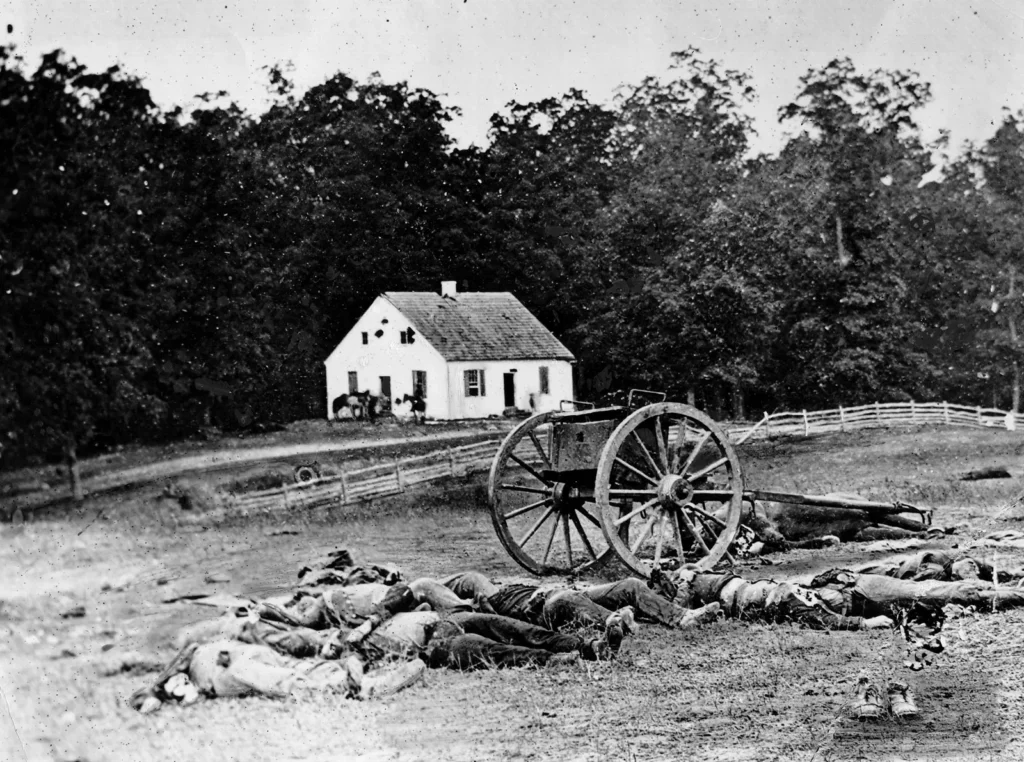When Memory Becomes a Story: The Power of Let My People Go

When Memory Becomes a Story: The Power of Let My People Go
Every nation carries memories it would rather not revisit. In Nigeria, the Civil War is one of those memories. It was a time of division, suffering, and unanswered questions that left scars across generations. But memory does not disappear simply because it is uncomfortable. It lingers quietly, waiting for someone brave enough to give it voice.
Onyemaechi Emmanuel Okoro has done just that in his new book Let My People Go. What makes this work remarkable is not just its honesty, but the way it blends memory and story into something deeply human. He does not write as a detached observer; he writes as someone who felt the war press in on every corner of his life as a boy. His story is not about distant battlefields. It is about classrooms, marketplaces, family conversations, and villages that woke up one day to find themselves in the path of violence.
This is what makes the book powerful. History here is not frozen in dusty archives. It is alive, breathing through the experiences of a child who grew up surrounded by forces beyond his control. When he describes the fear, you feel it. When he talks about the determination to continue schooling, you sense the urgency of young people clinging to hope. When he remembers the families fleeing, the betrayals, and the hunger, you realize how much history is made up of ordinary people simply trying to survive.
Yet Let My People Go is not only about suffering. It is about the stubbornness of hope. Even in the midst of chaos, there are glimmers of light, teachers who kept encouraging their students, parents who sacrificed everything for their children, neighbors who chose kindness when cruelty was all around. These stories remind us that resilience is often quiet but never insignificant.
What also stands out is Okoro’s voice. He writes with clarity, but also with heart. His words do not feel like a lecture; they feel like a conversation. You can almost imagine sitting with him as he tells these stories, sometimes pausing to reflect, sometimes asking questions that still have no easy answers. It is this honesty that gives the book its strength. He does not pretend to have all the solutions. Instead, he invites readers to think, to remember, and to carry these lessons into the present.
And the present is exactly why this book matters. The issues that fueled the Civil War, tribal divisions, political greed, corruption, and misplaced trust, have not disappeared. In many ways, they remain visible in everyday life. Let My People Go serves as both a warning and a guide. By remembering what happened, we are reminded of the cost of forgetting. By hearing one man’s story, we gain insight into the resilience of a people who refused to be erased by history.
At its heart, this book is about humanity. It is about what happens when ordinary lives are caught in extraordinary circumstances. It is about how memory becomes a story, and how a story can become a bridge between past and future. For readers, it is an invitation to walk alongside the author, to see the war not just as history, but as a lived experience that continues to shape Nigeria today.
Let My People Go is a testimony. It carries the echoes of a generation that endured and survived, and it challenges us to listen. Because when memory becomes a story, silence is broken, and healing has a chance to begin.